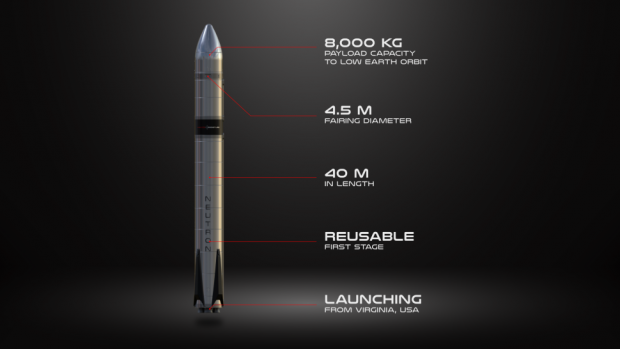
Breaking News
 Mike Adams Fitness Update with Therapeutic PEPTIDES that Help HEAL Old Injuries
Mike Adams Fitness Update with Therapeutic PEPTIDES that Help HEAL Old Injuries
 56 Survival Uses for Heavy-Duty Garbage Bags
56 Survival Uses for Heavy-Duty Garbage Bags
 Zorro Ranch is MUCH worse than Epstein Island, the truth is coming out
Zorro Ranch is MUCH worse than Epstein Island, the truth is coming out
 We're Being DEHUMANIZED By This...
We're Being DEHUMANIZED By This...
Top Tech News
 New Spray-on Powder Instantly Seals Life-Threatening Wounds in Battle or During Disasters
New Spray-on Powder Instantly Seals Life-Threatening Wounds in Battle or During Disasters
 AI-enhanced stethoscope excels at listening to our hearts
AI-enhanced stethoscope excels at listening to our hearts
 Flame-treated sunscreen keeps the zinc but cuts the smeary white look
Flame-treated sunscreen keeps the zinc but cuts the smeary white look
 Display hub adds three more screens powered through single USB port
Display hub adds three more screens powered through single USB port
 We Finally Know How Fast The Tesla Semi Will Charge: Very, Very Fast
We Finally Know How Fast The Tesla Semi Will Charge: Very, Very Fast
 Drone-launching underwater drone hitches a ride on ship and sub hulls
Drone-launching underwater drone hitches a ride on ship and sub hulls
 Humanoid Robots Get "Brains" As Dual-Use Fears Mount
Humanoid Robots Get "Brains" As Dual-Use Fears Mount
 SpaceX Authorized to Increase High Speed Internet Download Speeds 5X Through 2026
SpaceX Authorized to Increase High Speed Internet Download Speeds 5X Through 2026
 Space AI is the Key to the Technological Singularity
Space AI is the Key to the Technological Singularity
 Velocitor X-1 eVTOL could be beating the traffic in just a year
Velocitor X-1 eVTOL could be beating the traffic in just a year
Rocket Lab just unveiled plans for a big new rocket called Neutron that could fly astronauts

The private launch company Rocket Lab unveiled its plans to launch a big, new rocket called Neutron by 2024 on Monday (March 1), turning away from its longstanding commitment to launch tiny satellites exclusively on small boosters.
The pivot comes as the company prepares to go public following a planned merger with Vector Acquisition Corporation. Scaling up from the company's standby Electron rocket marks the second recent change of plans toward long-scorned opportunities and is meant to take advantage of burgeoning interest in establishing megaconstellation networks of satellites, like SpaceX's Starlink. The Neutron rocket will also be capable of launching astronauts, Rocket Lab said.



